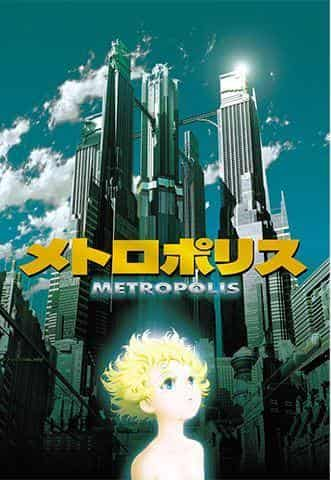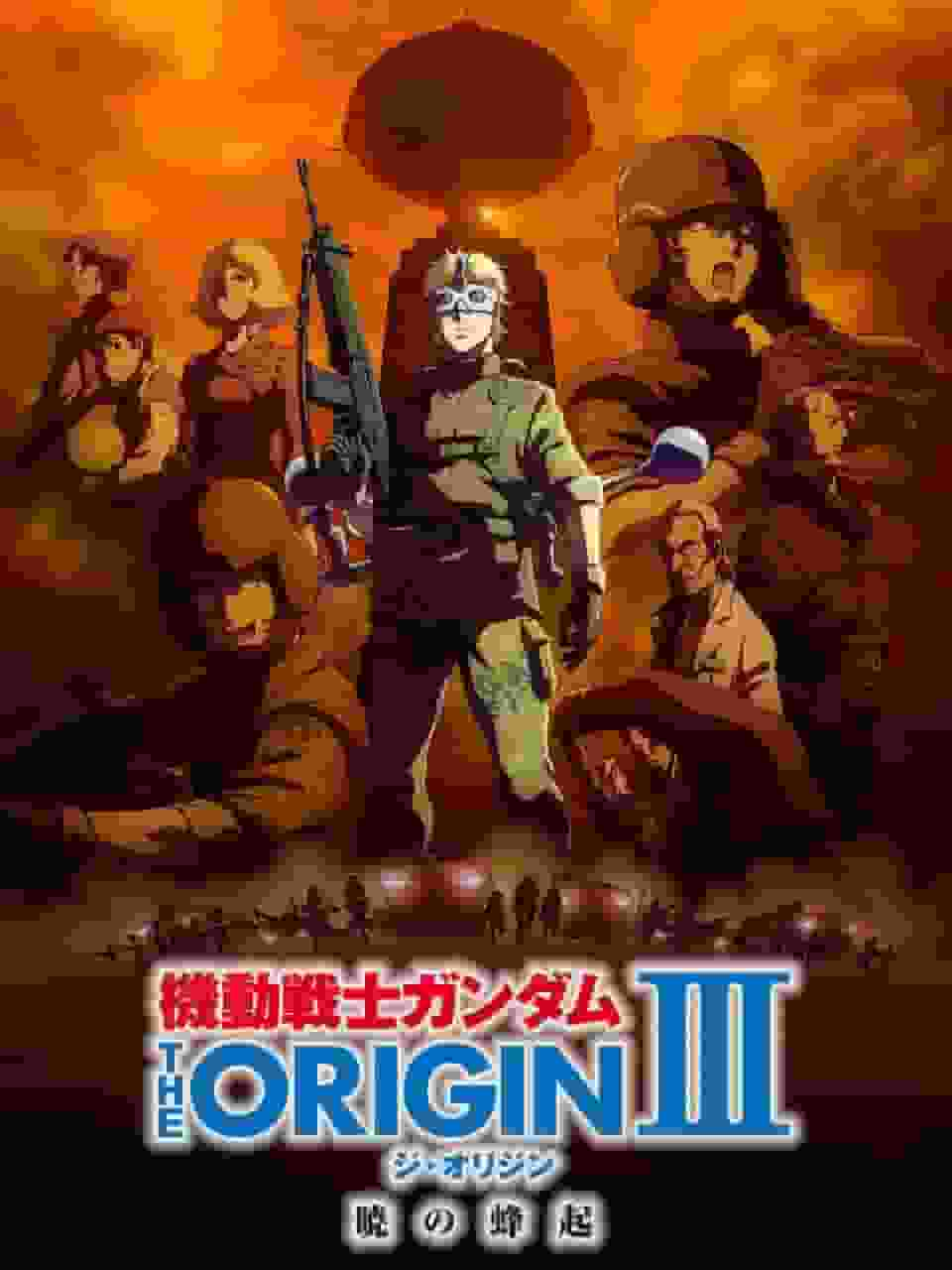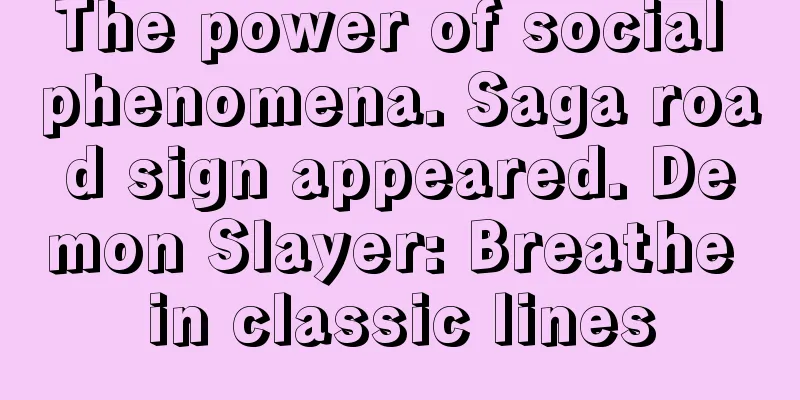METROPOLIS review: Exploring the allure of the futuristic city and its profound themes

"Metropolis": Osamu Tezuka's story of a futuristic city and robots"Metropolis" is an anime film based on the manga of the same name by Tezuka Osamu, released in 2001. Set in a futuristic city where humans and robots coexist, the film depicts profound themes that question the meaning of love and life. The film was directed by Rintaro and written by Katsuhiro Otomo, and was highly praised for both its visuals and story. storyPrivate detective Higeoyaji and his assistant Kenichi pursue Dr. Lawton, who is on the international wanted list, and arrive in the gigantic city-state of Metropolis. Metropolis is a futuristic city where humans and robots live together, and there Kenichi meets a mysterious girl named Tima. Although Tima is a robot, she has the same emotions as humans, and her existence will greatly affect the fate of Metropolis. As the story unfolds, Tima herself is not yet aware that she bears the fate of both robots and humans. Commentary"Metropolis" is a work created by screenwriter Katsuhiro Otomo and director Rintaro, based on the original work by Osamu Tezuka. It adds new elements not depicted in the original work and explores deeper themes. In particular, the question of whether love can be born to a robot that has no heart is an important theme throughout the work. In addition, by depicting the social problems inherent in the city of Metropolis itself and the future challenge of the coexistence of humans and robots, the film gives many suggestions to the viewer. castThe cast of Metropolis is as follows:
The voice actors for each character deliver performances that bring out the character's individuality to the fullest, further enhancing the appeal of the work. Main StaffThe following staff members were involved in the production of Metropolis:
This team of staff worked together to create Metropolis, a work that combines visual beauty with deep themes. Main CharactersThe main characters of Metropolis are:
The drama woven by these characters provides viewers with deep emotions and opportunities to think. Theme songs and musicThe theme songs and music for "Metropolis" are as follows:
These songs are an important element in enhancing the atmosphere of the story. Ratings and Recommendations"Metropolis" has been highly praised as a work that combines visual beauty with deep themes. In particular, the story, based on the original work by Osamu Tezuka, raises issues that are relevant to modern society, providing many suggestions to the viewer. In addition, director Rintaro's direction and Katsuhiro Otomo's screenplay further deepen the worldview of the original work, achieving both visual beauty and narrative depth. This work is recommended not only for fans of science fiction anime and Osamu Tezuka, but also for movie lovers who pursue deep themes. In particular, by depicting the future issue of coexistence between humans and robots, it provides viewers with many opportunities to think. In addition, the visual beauty is also a point not to be missed, and the depiction of the futuristic city of Metropolis is also highly regarded as visual art. "Metropolis" is loved by many viewers for its visual beauty and deep themes. Please give it a watch. Further information and supplementary informationMetropolis is an anime film released in 2001, based on the original story by Osamu Tezuka. The original story was published in 1949 and is one of Tezuka Osamu's early works. The original story is set in the futuristic city of Metropolis, and depicts the coexistence of humans and robots. The anime film builds on the original story, adding new elements and exploring deeper themes. In particular, the character of Tima is a new character that does not exist in the original work. Although Tima is a robot, she has the same emotions as humans, and her existence will greatly affect the fate of Metropolis. Through Tima's existence, the film asks the question of whether love can be born in a robot that has no heart. Furthermore, the city of Metropolis itself has been given new elements that were not depicted in the original work. Metropolis is a futuristic city where humans and robots live together, and the film depicts the social problems that arise there and the future challenge of the coexistence of humans and robots. These elements raise issues that are relevant to modern society, and provide many suggestions for the viewer. The production of "Metropolis" brought together a luxurious team of director Rintaro and screenwriter Katsuhiro Otomo, based on the original work by Osamu Tezuka. Director Rintaro pursues visual beauty while also pursuing deep themes. Katsuhiro Otomo's screenplay further deepens the worldview of the original work, achieving both visual beauty and narrative depth. Additionally, Yasuhiro Nagura, who was in charge of character design and general animation director, provided designs that brought out the individuality of each character to the fullest. Animation directors Shigeo Akahori, Kunihiko Sakurai, and Shigeru Fujita also pursued visual beauty while providing drawings that brought out the individuality of each character to the fullest. Art director and CG art director Shuichi Hirata provided the depiction of the futuristic city of Metropolis as visual art. CG technical director Tsuneo Maeda also pursued visual beauty while providing the depiction of the futuristic city of Metropolis as visual art. Toshiyuki Honda, who was in charge of the music, provides music that combines visual beauty and deep themes as an important element in enhancing the atmosphere of the story. Masafumi Mima, the sound director, also pursues visual beauty while providing sound that combines visual beauty and deep themes as an important element in enhancing the atmosphere of the story. Masao Maruyama and Iwa Yamaki, the production producers, provide a work that combines visual beauty and deep themes as a work that combines visual beauty and deep themes. Madhouse, who was in charge of animation production, pursues visual beauty while also pursuing deep themes. Tezuka Productions, who played the role of planning cooperation, provides a work that combines visual beauty and deep themes as a work that combines visual beauty and deep themes. Metropolis Production Committee, who played the role of production, provides a work that combines visual beauty and deep themes as a work that combines visual beauty and deep themes. "Metropolis" is highly regarded as a work that combines visual beauty and deep themes. In particular, the story, based on the original work by Osamu Tezuka, raises issues that are relevant to modern society, giving viewers many suggestions. In addition, director Rintaro's direction and Katsuhiro Otomo's script further deepen the world view of the original work, balancing visual beauty with the depth of the story. This work is recommended not only for fans of science fiction anime and Osamu Tezuka, but also for movie lovers who pursue deep themes. In particular, by depicting the future challenge of the coexistence of humans and robots, it provides viewers with many opportunities to think. In addition, the visual beauty is also a point not to be missed, and the depiction of the futuristic city of Metropolis is also appreciated as visual art. "Metropolis" is loved by many viewers as a work that combines visual beauty and deep themes. Please give it a watch at least once. |
<<: Figure 17 Tsubasa & Hikaru's Appeal and Evaluation: Exploring the Depths of Anime
>>: The appeal and evaluation of ROD-READ OR DIE-: A deep review of the first episode
Recommend
Bakusou Circuit Romance TWIN - The appeal and evaluation of the passionate racing anime
Bakusou Circuit Romance TWIN - Bakusou Circuit Ro...
"Resident Evil" movie heroine "John Wick" production company's new action movie
DEADLINE revealed the first stills of the new mov...
The appeal and reviews of "Denpateki Kanojo: Koufuku Game": A unique world view and character depth
The appeal and depth of "Denpateki Kanojo ~H...
Michael Jackson biopic to be filmed in California
According to Variety, the Michael Jackson biopic ...
The appeal and reviews of Ramen Akaneko: In search of the ultimate ramen experience
"Ramen Akaneko" - A fusion of delicious...
Review of "Sora no Manimani": The intersection of the mysteries of the universe and the everyday
"Sora no Manimani" - The charm of the s...
True Detective series writer to write script for MCU's Blade
Marvel's "Blade" has added a new sc...
The appeal and reviews of "Strange Dawn": New possibilities for fantasy set in another world
Strange Dawn: A story where another world and rea...
Sony CEO talks about Nintendo's "The Legend of Zelda" movie: It will be amazing
At Sony's CES 2024 press conference, Sony CEO...
Native Americans boycott Avatar 2, calling it a 'white savior' film
Although "Avatar 2" has exceeded $900 m...
Triage X OVA's appeal and evaluation: A thorough explanation of the action and depth of the story
The appeal and evaluation of Triage X OVA Triage ...
Guo Fan: The success of "The Wandering Earth" is due to the tolerance of the audience, and the gap with Hollywood is not small
According to Hong Kong media reports, "The W...
The moving story and lessons of "Gon the Fox": What is the deep appeal of this classic anime?
"Gon the Fox": A moving story based on ...
Director agrees with fans' speculation that Amy Rose may appear in Sonic the Hedgehog 3
As the latest work in the successful game-adapted...
Hell secrets, black humor! The famous manga "Hidden Lights of Coldness" has been serialized for 9 years and is now finished
The famous manga "Hinoki no Reitetsu" b...









